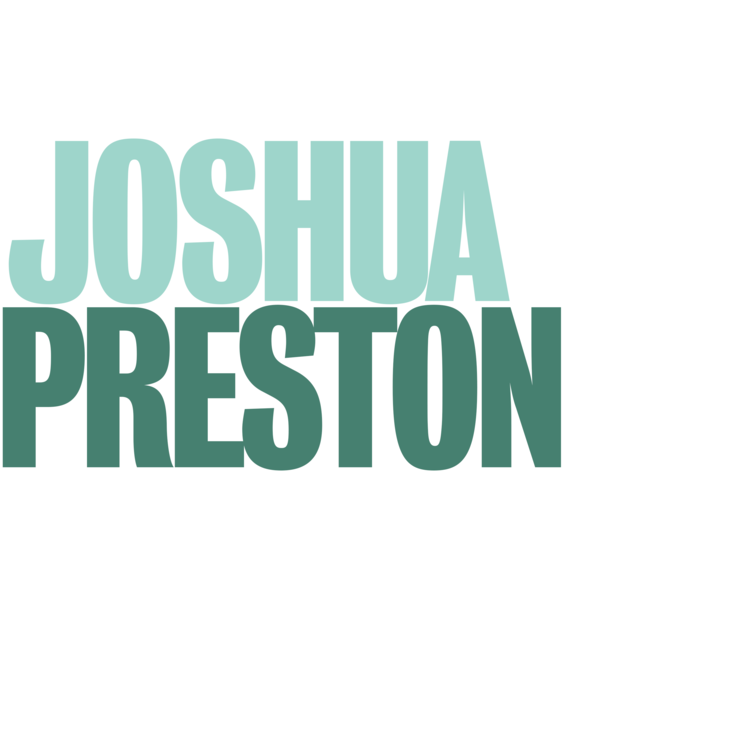In light of the news of Tesco, Southwark Council and now Swansea Council removing their 'anti-homeless' spikes in response to my demonstration, I decided to dig a little deeper and find out how these things managed to get signed off in the first place..
A source at Westminster Council has passed on copies of the original planning application documents submitted by Tesco. You’ll notice here the 'raised studs' feature quite clearly.
Approval was granted by Westminster Council for Tesco Plc to go ahead with the installation.
Interestingly what also features within Tesco's application was the intention to install two (2) benches outside the very same store in Piccadilly Circus - these benches never appeared. We’ll come back to this later.
On Thursday 12th June at around 4pm Tesco took the decision to remove the ‘anti- homeless’ spikes from their Piccadilly Circus store, seemingly as a result of the relentless bombardment of incoming emails. Not to mention the onslaught of negative feedback they were faced with on social media.
Tesco's official stance was:
''Customers told us they were intimidated by anti-social behaviour outside our Regent Street store and we put studs in place to try and stop it."
"We put these measures in place at our Regent Street store, to prevent anti-social behaviour. We do understand that these studs have caused concern for some, who have interpreted them as an anti-homeless measure, or feel that someone may be hurt if they trip and fall onto them. I am happy to advise that we have now removed them, to address these concerns."
So let’s deconstruct.
Tesco tried to prevent anti-social behaviour by installing spikes. Spikes to "stop people engaging in behaviour like smoking or drinking outside the store".
Why then would Tesco include the installation of two benches on the same planning application?
They wish to discourage loitering outside the store, however in the same application mention installing benches.
This doesn't quite add up.
This completely contradicts the planning application and the reasoning Tesco gave for the installation of the spikes.
Was the inclusion of two benches a tactical effort, to seem more responsible and community conscious, in order to get the application through?
Were the spikes really installed to "prevent anti-social behaviour" as their press office states? Or was it just an ill-conceived line, to try and lessen the guilt now they’ve been called to account?
I insist the spikes were installed to get rid of rough sleepers in the window ledges. Rough sleepers who I’ve seen first hand bedded down for the night in these large window recesses, sheltered from the elements and more importantly the cold ground. At night. Outside a closed store.
I'll let you draw your own conclusion.
My campaign is now calling for a national ban on all forms of ‘anti-homeless’ deterrent.
We are gaining momentum and activists are now beginning to put pressure on local councils - specifically Westminster Council who approved the planning application for Tesco’s installation of ‘anti-homeless’ spikes.
As a society we should be doing more to help the homeless. But instead we’re systematically isolating them further. Humans deserve to be treated with compassion regardless of their social situation.
It’s apparent we've already started a movement, especially with news coming in of spikes being ripped up in all corners of the country.
Let's continue to put the pressure on and demand a ban so corporations like Tesco can't do this again.



